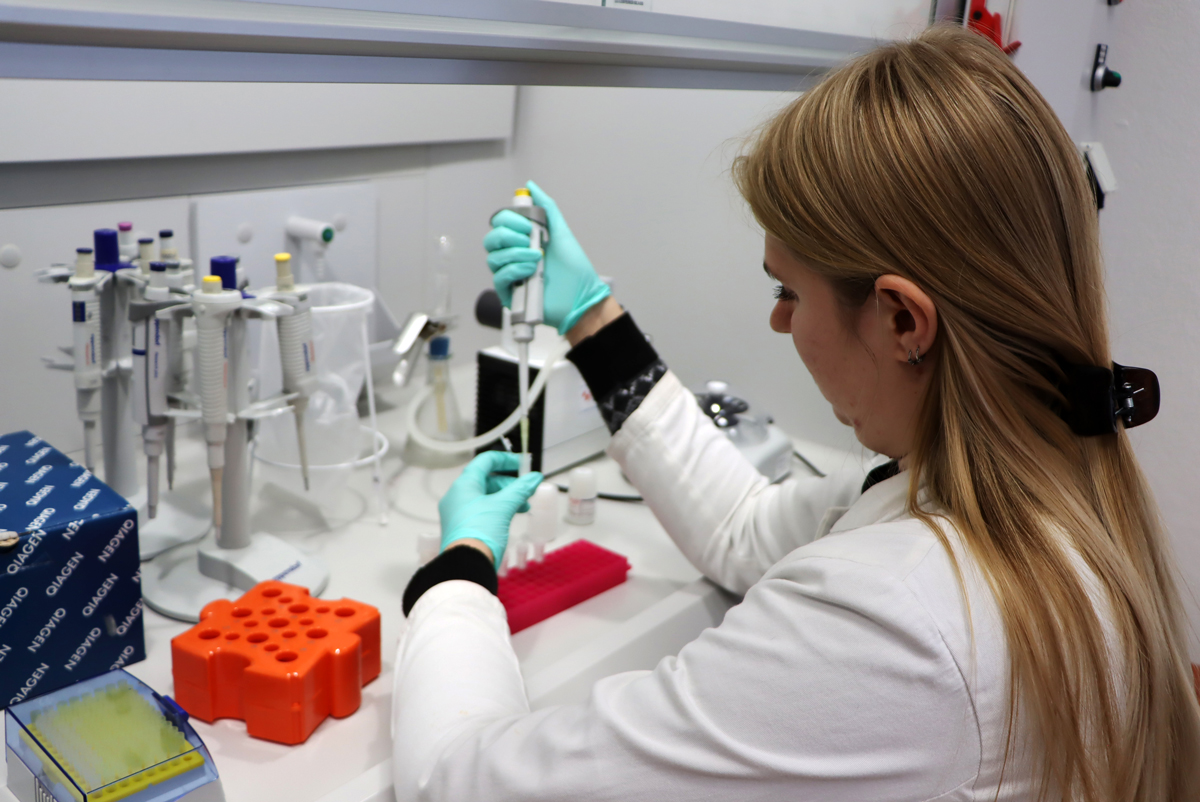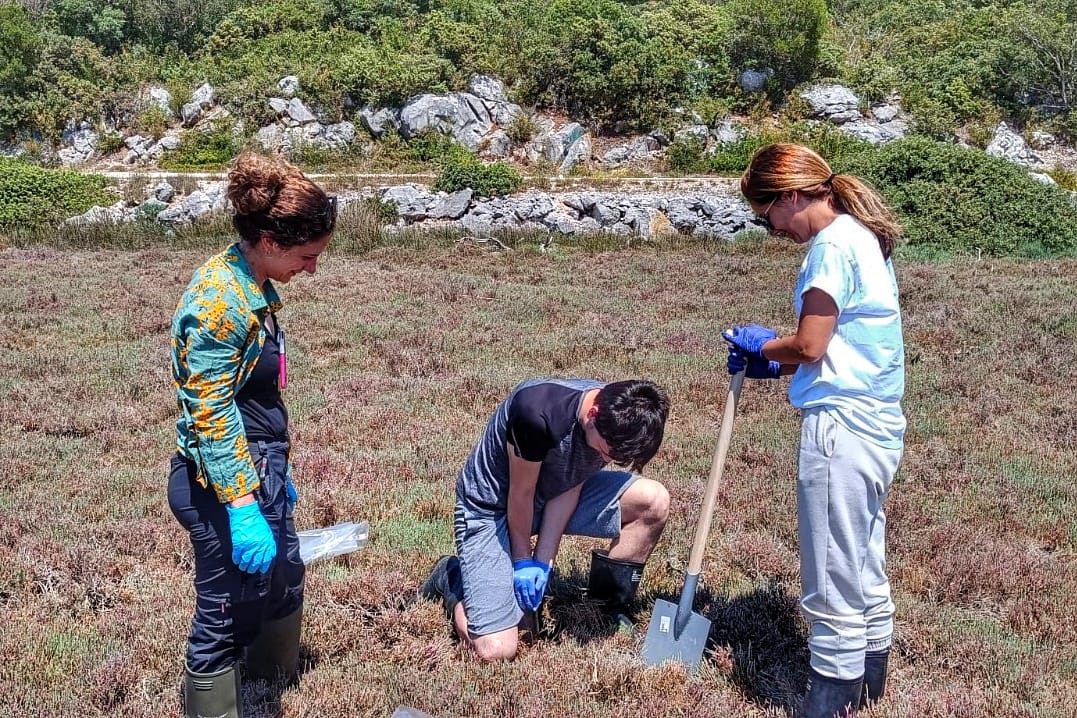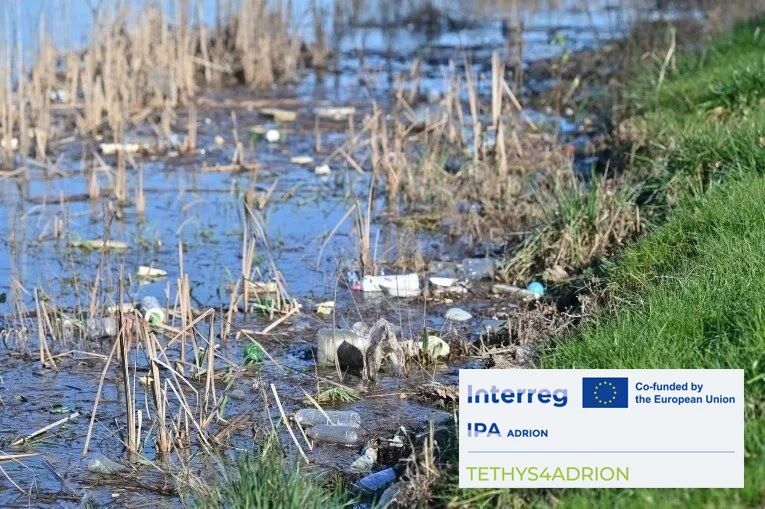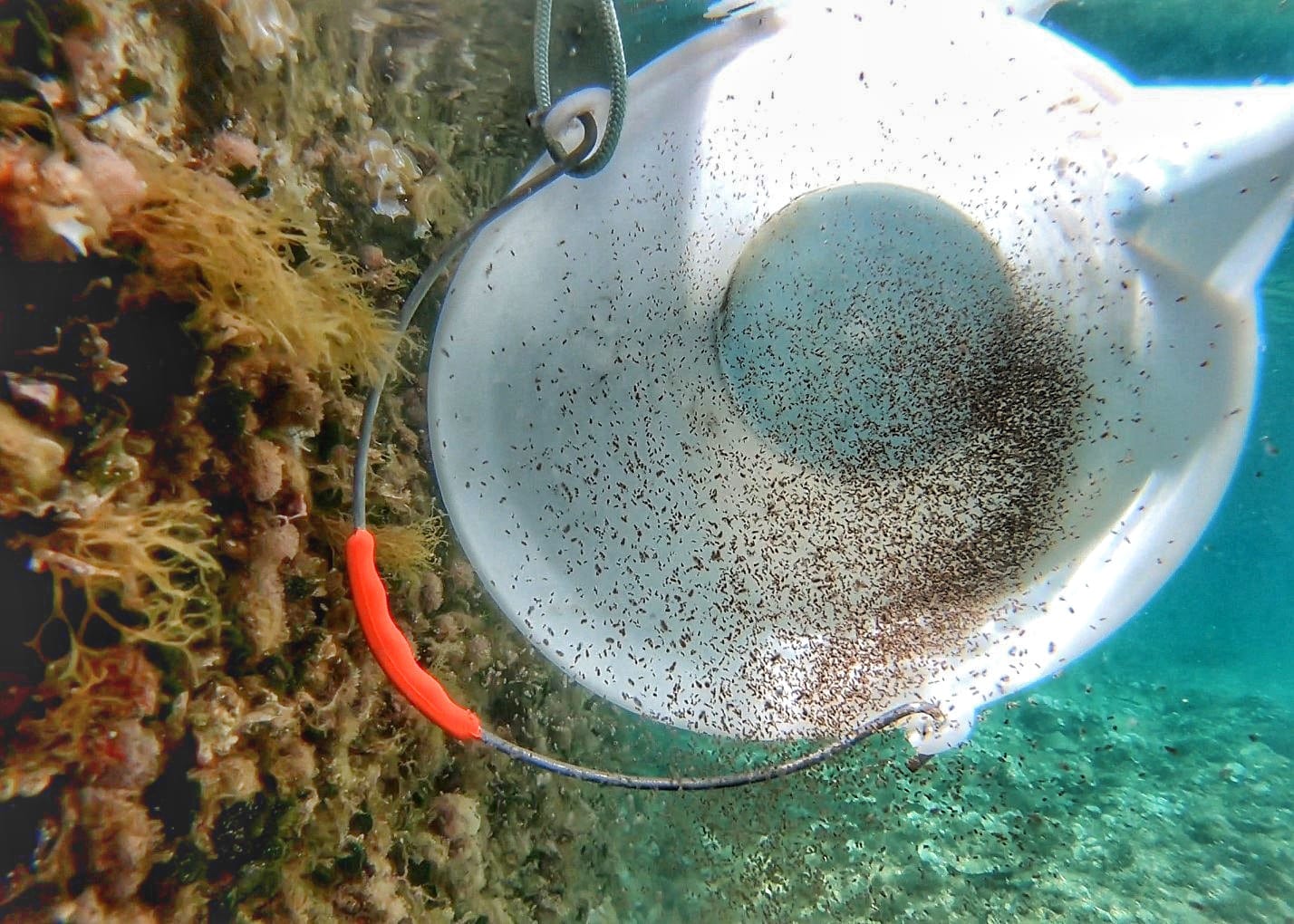New methods in molecular biology and sequencing technologies, known as “next generation sequencing,” have revolutionized the study of complex microbial communities from different environments.
in its scientific work, our institute not only follows the trends of modern molecular methods, but also actively contributes to the development of new knowledge. Science has developed various methods for DNA isolation, and the choice of the appropriate method can be crucial for targeted research, as errors in sample preparation can affect the final result.
As part of the ADRISAAF project, funded by HRZZ, a team of our scientists used an experimental approach to test five different methods of DNA isolation in detail. The results were published in the renowned journal Frontiers in Microbiology.
In doing so, our scientists found that the conventional phenol/chloroform protocol, which is toxic, can be replaced by safer and shorter modifications, and explained how this toxic step can be bypassed.
In addition, direct PCR, which has rarely been used in environmental microbiology, proved to be an interesting approach for processing a large number of samples, and this method will certainly be important in our future research in the Adriatic Sea.
Link to work: https://www.frontiersin.org/…/fmicb.2023.1151907/full




